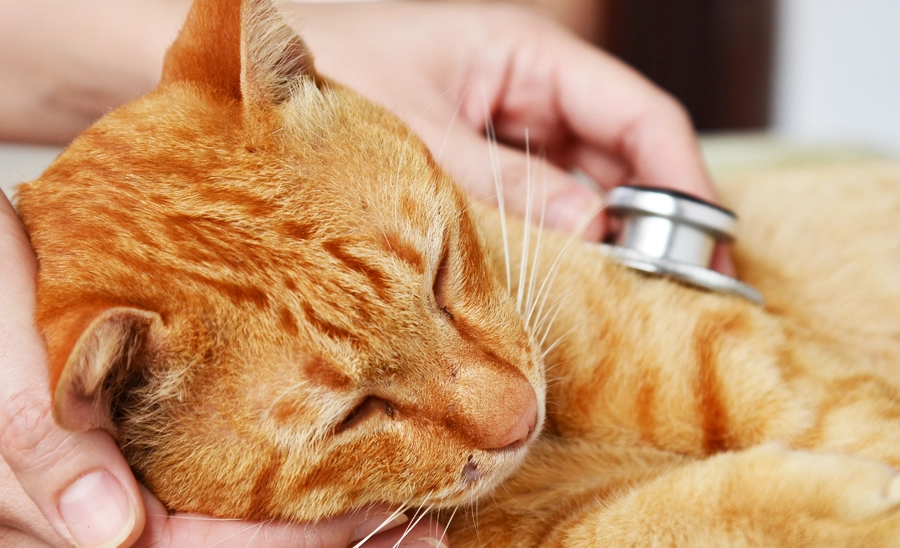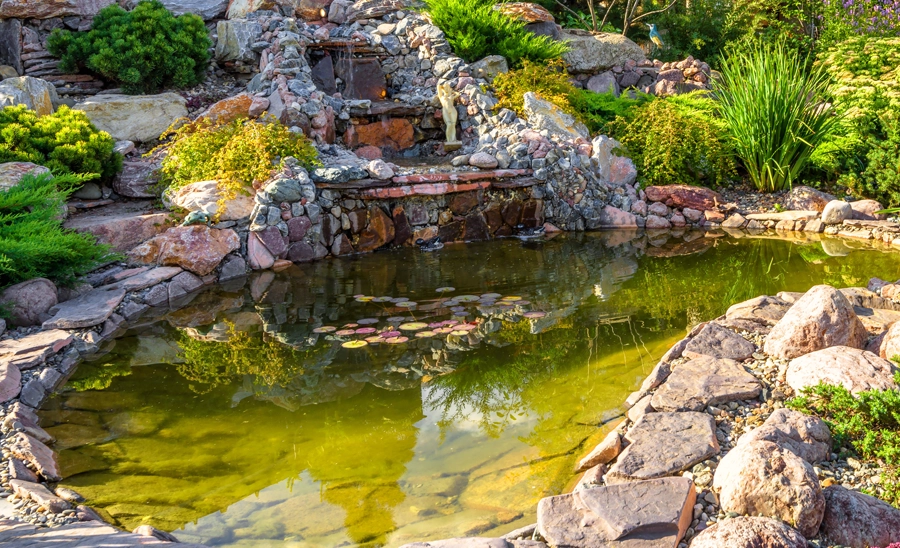
While many people view rats as a common household pest, they can be amazing pets to the right owner. Rats are incredibly intelligent, gentle, curious and social pets and need to be kept in an enclosure with at least one other rat to ensure they have a grooming buddy as body care makes up a big part of their overall wellbeing. Due to their size, many people think rats make a great beginner pet for children but this couldn’t be further from the truth, they are small, delicate animals that are known to bite when they feel threatened and due to these reasons aren’t recommended for children under the age of ten.
Owning pet rats is a massive responsibility that also comes with massive rewards. Rats form deep bonds with their owners and show their affection in very endearing ways such as grooming, clamouring for attention or running up to you when approached and have been known to softly nibble at their owners but because of their intelligence, social behaviour and need for exercise it is crucial that your rats are properly stimulated, have cage-mates and a big enough cage to run, sleep, nest and explore. For a group of two to four rats the suggested cage size is 2 square metres in length and 1.5 metres in height, it is essential that the cage has a solid base with walls that allow for ventilation while also being multi-storey to allow for them to partake in their natural activities.
Other cage requirements include a location away from TVs, computers and speakers as the ultrasonic soundwaves may cause them distress, plenty of nesting materials such as newspaper for them to sleep and burrow in, wooden or cardboard tunnels, climbing ropes, wooden ladders or small branches for exercise and enrichment and chew toys to ensure their teeth stay a healthy length. Although their cages have a lot of requirements, rats also need at least 30 minutes out of their cage per day to ensure they are exercising properly. Many experienced owners recommend having a designated “rat room”, not only for the cage but also for them to explore during their time spent out of it with more toys, hidey-holes and climbing equipment. It’s also highly recommended to rat proof all electrical wires in the part of your house the rats will be exploring, make sure there’s no holes or gaps in the floor and cover the bottom of the doorways.
Feeding your rats a balanced diet is another crucial factor of their wellbeing, unlike a lot of other rodents that are kept as pets, rats are omnivores so feeding them pellets designed for rabbits or guinea pigs won’t meet all of their nutritional needs. Along with their pellets you can strengthen their diet by giving them fresh fruit and vegetables, cooked eggs and grains while avoiding toxic foods such as citrus fruit, onion, chocolate and grapes. Other foods to avoid include dairy and fatty foods, while they aren’t toxic to rats, too much of them can lead to obesity and serious health issues related to it. Other common health issues in rats include respiratory problems, tumours and dental issues and because of this it’s recommended to see a vet who specialises in small animals.
Not everyone is a great fit for rats but if you are, they are some of the most rewarding pets you can own.





